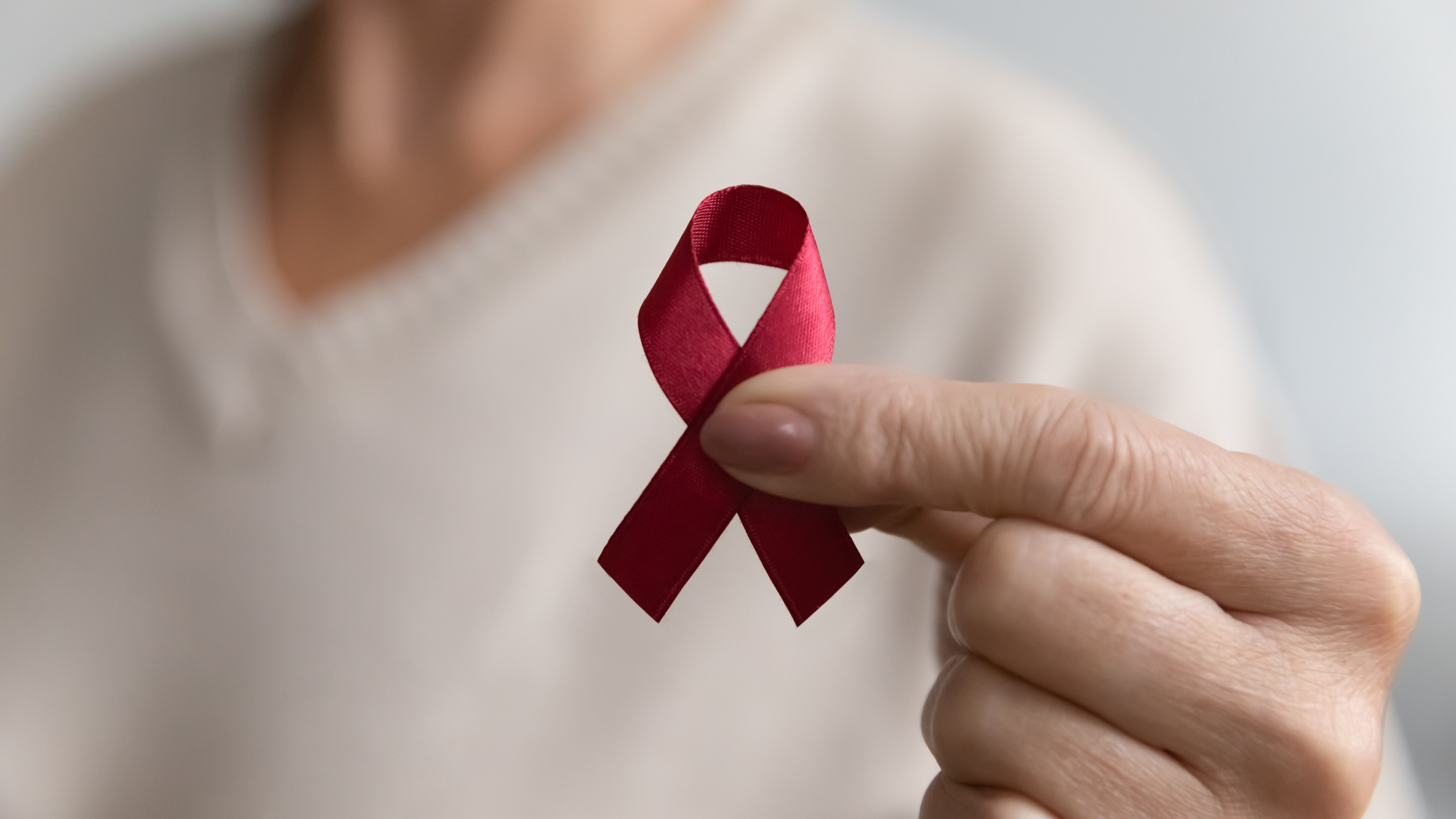- Center on Health Equity & Access
- Clinical
- Health Care Cost
- Health Care Delivery
- Insurance
- Policy
- Technology
- Value-Based Care
Better Family Functioning Associated With Lower Depressive Symptoms in Men With HIV
Men who have sex with men who are living with HIV tend to have fewer depressive symptoms if they report better family functioning.
Depressive symptoms in men who have sex with men (MSM) who are living with HIV could be reduced or alleviated by improving family function, according to a study published in Psychology Research and Behavior Management.
HIV is rising in prevalence in MSM, with 69.9% of new cases in the US arising in MSM. Depression is very prevalent in this subgroup, with a study from China finding that 36% of MSM who have HIV also have depressive symptoms. Stigma has been known as a risk factor for depressive symptoms in MSM and resilience is a positive adaption to that stigma. These factors can be influenced by the family unit, and the definition of family functioning is the extent to which stressors are addressed as a family unit. This study aimed to assess whether higher levels of family functioning and resilience could lead to lower symptoms of depression and if stigma and resilience mediate any relationship between depressive symptoms and family functioning.
HIV Awareness Ribbon | Image credit: fizkes - stock.adobe.com

This study took place from March to June 2019. All patients were MSM who were recruited from First Hospital of Changsha, China, from the institute of HIV/AIDS. All participants needed to be male, be aged 16 years or older, have contracted HIV through sexual intercourse with another man, and be able to understand the questionnaire. Patients were excluded if they couldn’t read, had a disability, had severe symptoms of AIDS, or had a mental disorder.
Family functioning was measured using the APGAR index, which stands for adaptation, partnership, growth, affection, and resolve. Each response was graded on a 3-point scale, with 0 meaning “never” and 2 meaning “most of the time,” with better family functioning indicated through higher scores. The Social Impact Scale was used to measure stigma, with higher scores on the 4-point Likert scale indicating greater stigma. Resilience was measured using the Connor-Davidson Resilience Scale, which had 10 items and was rated on a 5-point Likert Scale. Lastly, depressive symptoms were measured using the Patient Health Questionnaire, with a 4-point Likert scale and higher scores indicating more depressive symptoms.
There were 191 participants in this study who had a mean (SD) age of 26.98 (6.07) years. A total of 76.4% of the participants had a college level education or higher and 57.6% lived in rural areas. A mean (SD) of 35.97 (30.30) months had passed since the time of diagnosis in the participants.
Clinical depression was reported in 26.2% of the participants. Duration of HIV infection was significantly different between patients who were depressed and not depressed (t = 2.55), with the patients who were depressed having a longer duration of HIV. The depressed group also had lower family income.
Stigma (r = –0.17) and depressive symptoms (r = –0.25) were negatively associated with family functioning, whereas resilience was positively associated with family functioning (r = 0.18). Resilience and stigma had a negative relationship with each other (r = –0.53) and both had a positive relationship with depressive symptoms (r = 0.53). Duration of HIV infection had a positive association with depressive symptoms (r = 0.18) and depressive symptoms were negatively associated with family monthly income (r = –0.22).
There were some limitations to this study. Memory bias could play a role in this study, as all participants self-reported. This study comprised MSM from 1 province of China, which could limit generalizability. Temporal relationships and causal inferences could not be established based on the cross-sectional design of the study. Other confounding factors were not considered for this study.
The researchers concluded that “Stigma and resilience have mediating effects on the association between family functioning and depressive symptoms among Chinese HIV-positive MSM.” Treatment of depression in MSM who are HIV positive can potentially be addressed with this knowledge and with early intervention, they wrote.
Reference
Wang D, Scherffius A, Ouyang X, Deng Q. Family functioning and depressive symptoms among HIV-positive men who have sex with men: mediating roles of stigma and resilience. Psychol Res Behav Manag. 2024;17:755-764. doi:10.2147/PRBM.S449825
Elevating Equitable Health Care for the LGBTQ+ Community
June 18th 2024For the third episode in our special Pride Month series, we speak with Patrick McGovern, CEO of Callen-Lorde since August of 2023 and an outspoken advocate for HIV; lesbian, gay, bisexual, transgender, queer, plus (LGBTQ+); and community health.
Listen
Community Outreach Is Enabling CeSHHAR to Close HIV Care Gaps in Zimbabwe
April 6th 2021The Centre for Sexual Health and HIV/AIDS Research Zimbabwe conducts evidence-based research related to HIV and AIDS, as well as provides and implements sexual and reproductive health education and interventions among sex workers, children, and adolescents, and in the area of masculinity.
Listen
